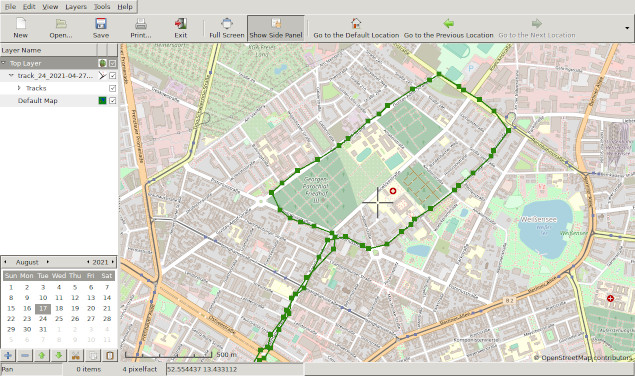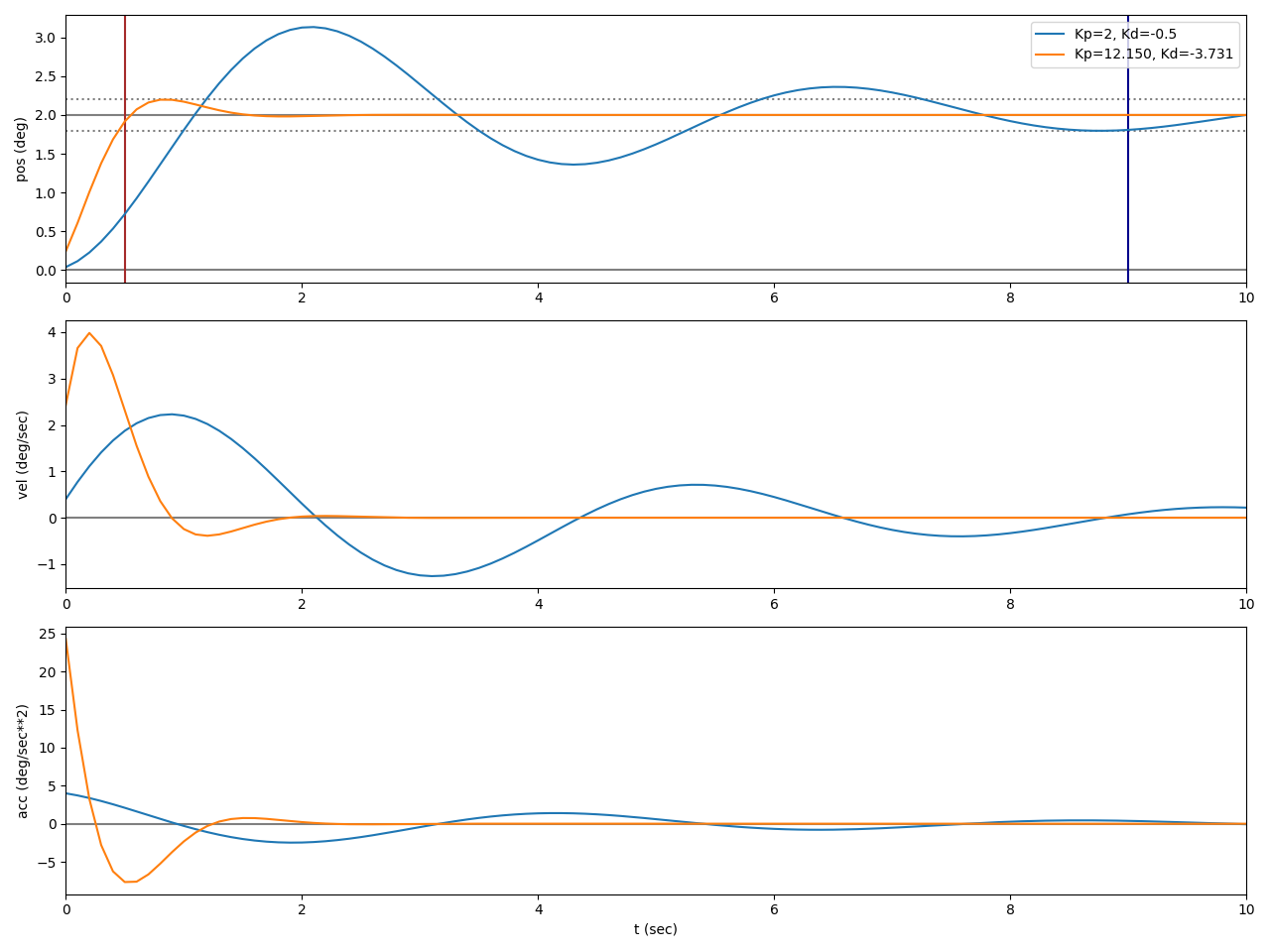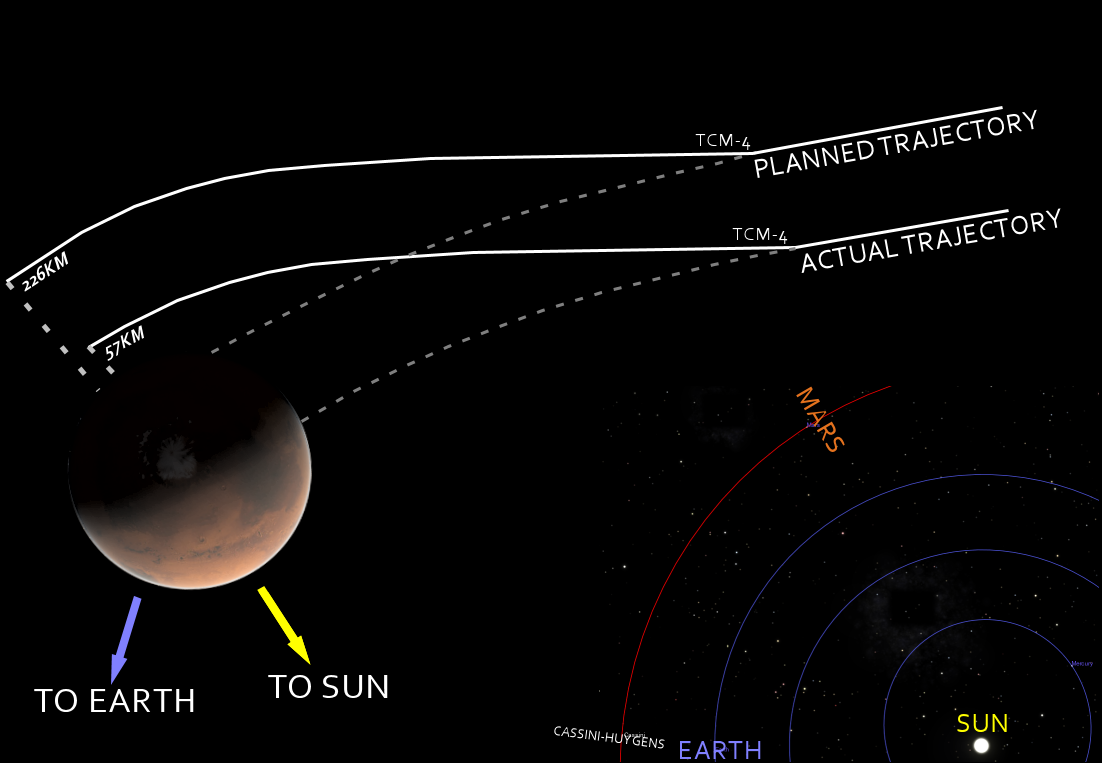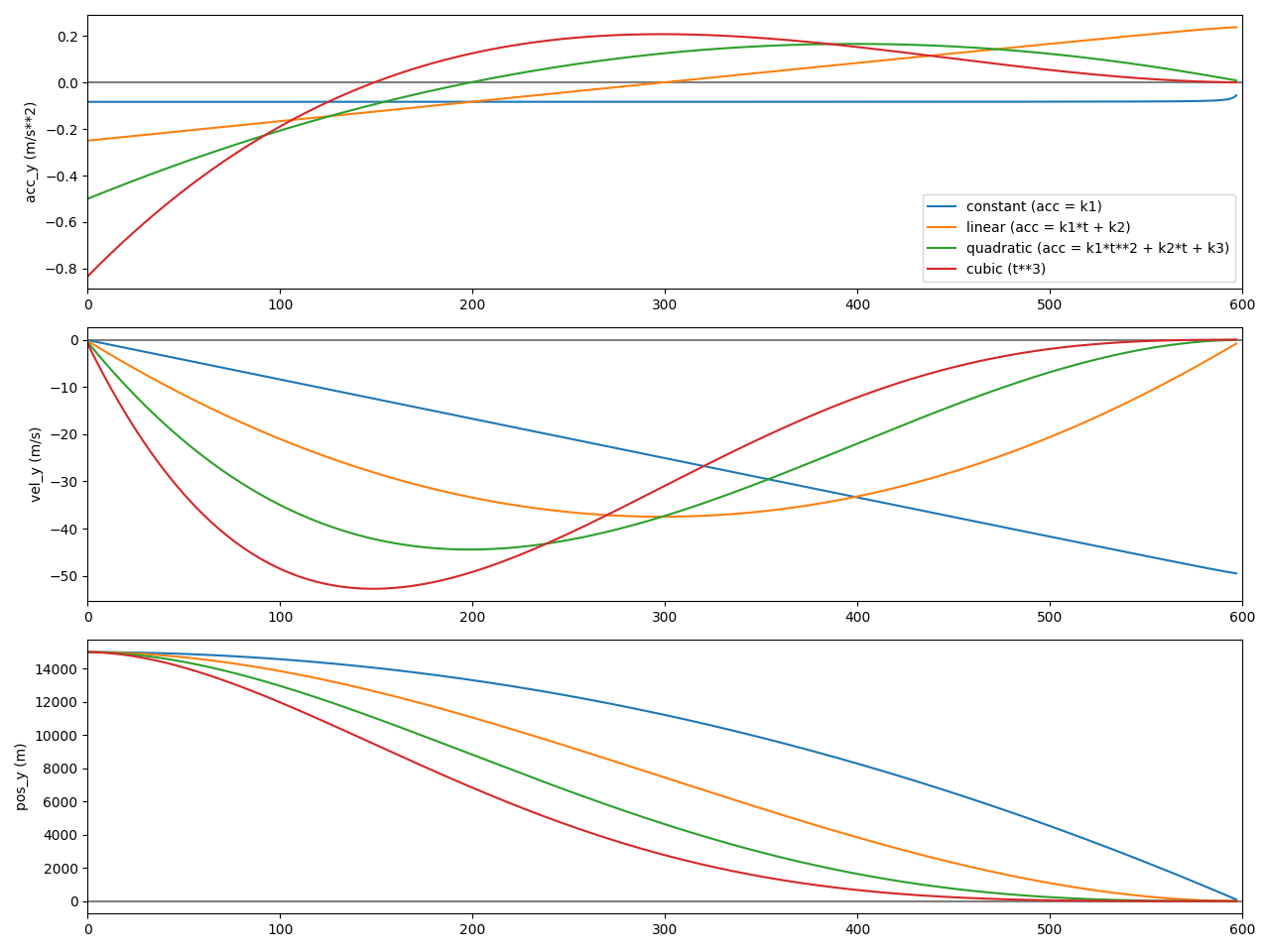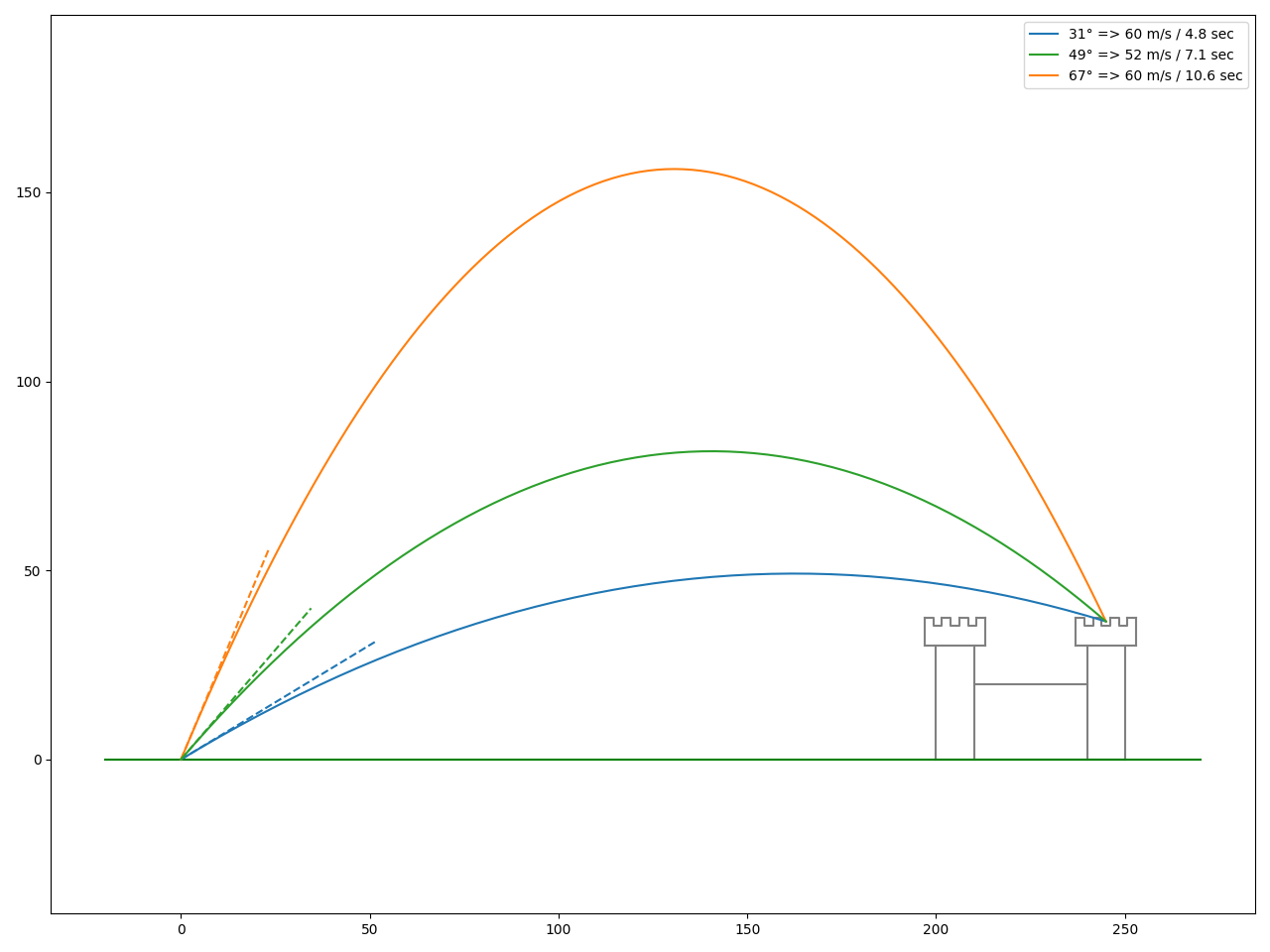Launch Windows - How is Matthias Maurer going to join Thomas Pesquet's Halloween party?
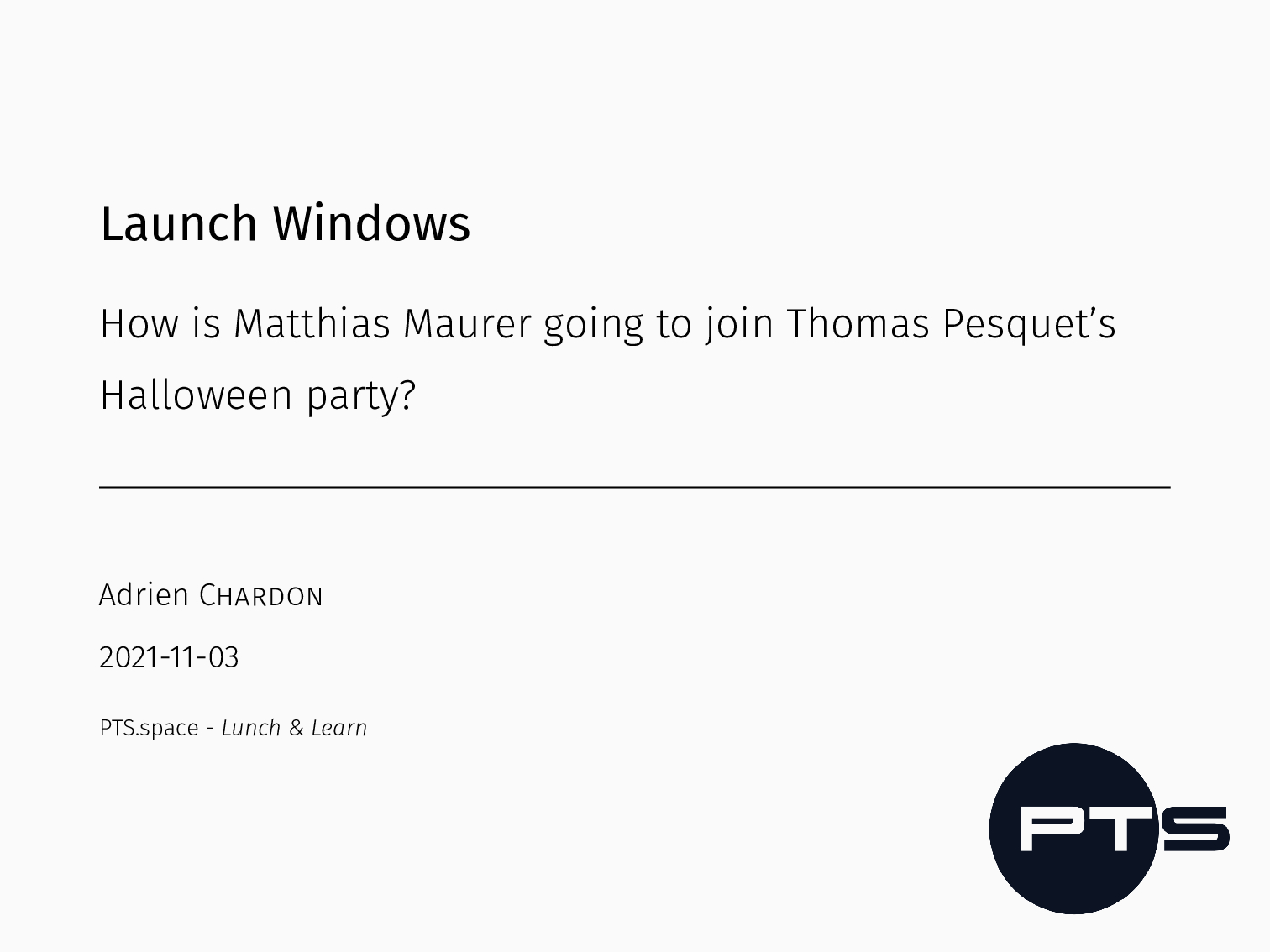
This article is a transcript of my talk "Launch Windows - How is Matthias Maurer going to join Thomas Pesquet's Halloween party?" given on the 2021-11-03 at PTS on our weekly "PTS lunch & learn" event. The source of the slides are available on my Github. Introduction NASA’s Crew-3 Mission The leftmost person is Matthias Maurer. He is a German astronaut, and joined the ESA astronaut corp in 2015.
Read the 1694 words...
